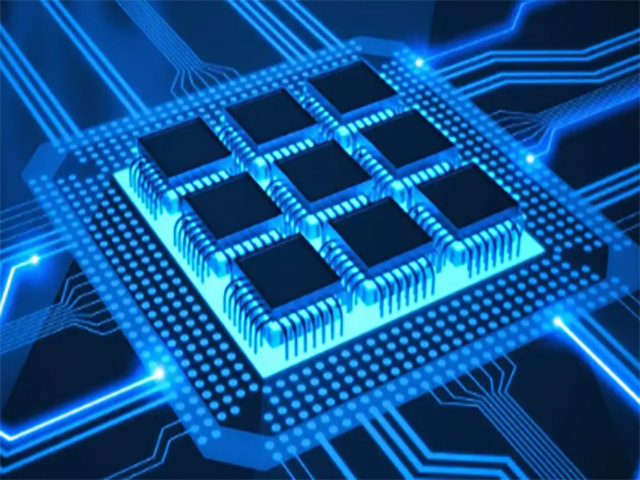In the realm of embedded systems, microcontrollers have emerged as a cornerstone, enabling a plethora of innovations. From humble beginnings to current advancements, microcontroller technology has evolved significantly over the years. This article traces this fascinating journey and explores future prospects that promise to redefine our technological landscape.
The Dawn of Microcontrollers
Microcontrollers made their debut in the early 1970s when Texas Instruments developed a single-chip microprocessor for calculators. Around the same time, Intel introduced its first commercially available microprocessor—the Intel 4004. These devices marked the inception of an era where complex tasks could be executed by compact electronic components.

Development Over The Years
Over time, advancements in semiconductor technology allowed for increased integration—packing more transistors into smaller areas—resulting in more powerful and energy-efficient microcontrollers. Features such as on-chip memory, input/output interfaces, timers/counters, communication ports were integrated into single chips.
The advent of Reduced Instruction Set Computing (RISC) architecture in the late '80s further propelled performance efficiency. Companies like ARM leveraged RISC principles to develop processor cores that became popular choices for many modern microcontrollers due to their power efficiency—a crucial factor for battery-powered devices.
In parallel with hardware evolution, software development tools matured—making programming these devices increasingly accessible. High-level programming languages like C and Python are now commonplace for developing embedded applications on microcontrollers—a stark contrast from initial days dominated by assembly language coding.
Current Landscape
Today's market offers a vast array of options—from tiny low-power chips suitable for wearables or IoT sensors—to high-performance cores capable of running complex algorithms or even entire operating systems! Additionally, open-source platforms like Arduino and Raspberry Pi have democratized access to this technology—enabling hobbyists and professionals alike to bring their ideas alive with relative ease.
Future Prospects
As we look towards future horizons—one can't help but be excited about possibilities!
With growing emphasis on energy conservation—IoT applications are set to surge; thus ultra-low-power microcontroller designs will become increasingly important.
Meanwhile advances in AI & Machine Learning demand high computational capabilities; driving development towards powerful yet efficient cores capable of supporting such workloads at edge locations.
And let's not forget about quantum computing! Though still nascent—it holds potential implications even for future generations of classical computing devices including our beloved microcontrollers!
Further enhancing these hardware trends—are promising software advancements; like model-based design approaches that can automate code generation from system models—or sophisticated debugging tools leveraging AI techniques.
Moreover—as cybersecurity threats loom larger—integrated security features within microcontroller designs will gain paramount importance.
Finally—with increasing interconnectivity among systems—the role played by standards-based communication protocols cannot be overstated—influencing choices made at chip level itself!
Conclusion
From their humble beginnings over half a century ago—to being omnipresent across numerous applications today—microcontrollers have indeed come a long way. As we stand at the threshold of a future ripe with possibilities—their evolution promises to continue shaping our technological landscape in ways we can only begin to imagine!
In this context—keeping abreast with trends and developments in microcontroller technology becomes crucial for anyone involved in electronics or computer engineering fields.
As we navigate this exciting journey—it's essential to remember that while technology offers us powerful tools—their real value lies in how we harness them to solve problems and create meaningful impact!
further reading
Microcontroller related brand product recommendations:
Infineon Embedded - Microcontrollers - Application Specific
Infineon Embedded - Microcontrollers
Intel Embedded - Microcontrollers
Analog Devices Embedded - Microcontrollers
Analog Devices Embedded - Microcontrollers - Application Specific
NXP Semiconductors Embedded - Microcontrollers - Application Specific
NXP Semiconductors Embedded - Microcontrollers

